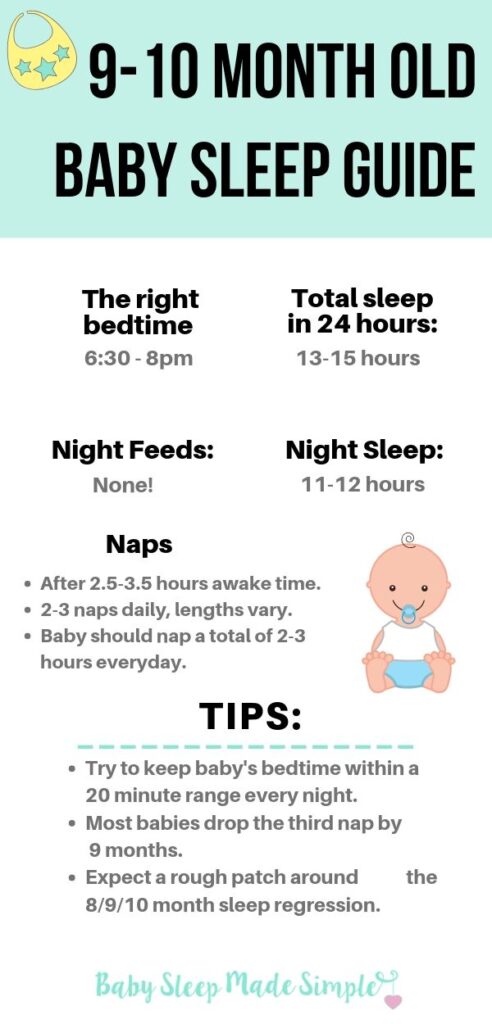

Once this nap strike begins, if you aren’t prepared to make the changes, there’s a good chance you’ll have an overtired little one on your hands. Around 11-12 hours and their daytime sleep needs begin to decrease from 3-4 hours to 2-3 hours daily. They still need around 14 hours of sleep daily, but the distribution of sleep changes. You’ll know when your child is ready to drop this nap when they begin fighting it on a regular basis (10-14 days on average) or when they begin fighting all naps for the same period of time.Īlso, your baby’s sleep needs are changing. This is the catnap in the late afternoon. This makes the sleep not as restorative and can quickly cause your child to become chronically overtired. Waking up multiple times at night causes fragmented nighttime sleep.

Hello, newborn phase all over again! Overtired Downward Spiral “If I do this, how will my parents react?” Our reactions can determine if this will become a new habit for them. If they don’t have a need, it is likely that they are testing their limits and how you will respond. They may begin waking multiple times per night shrieking like a spider monkey. In addition, they also realize that their actions can elicit a reaction from their parents. Understanding object permanence means that babies begin to experience separation anxiety. They understand that if an object is out of their sight, the object is still there, even if they can’t see it. Mental DevelopmentĪround 9 months of age, babies go through Wonder Weeks leap #6, which is a big one! “Babies begin attempting to do new things and can recognize that certain objects, sensations, animals, and people belong together in groups or categories….the leap into the world of categories will affect every sense – sight, smell, taste, and touch.” Separation Anxietyĭuring this leap babies also begin to really grasp the concept of object permanence. This can result in cranky pants at bedtime, night waking and shortened naps. This can lead your baby to become overtired more quickly. Your baby will become tired quicker with all this active. That’s a lot of movement – think about all of the time and energy they are expending practicing their new skills! Also, instead of sleeping at bed and nap time, they are busy practicing all their cool, new moves! Standing, jumping and crawling around the crib sound familiar? Many begin sitting up, scooting, crawling, pulling up, cruising your furniture and some may even start walking. What Causes the 8-10 Month Sleep Regression?Īround 8-10 months, babies become increasingly mobile. This can help prevent an overtired baby, which can result in a downward spiral for both day and night sleep. It is best to be prepared for when your baby’s sleep needs change and your little one needs a new schedule. Sleep regressions are actually our babies are progressing! They are maturing and developing, which is AMAZING, yet it can wreak major havoc on your baby’s slumber. Whenever our babies are working on anything developmentally, it can affect sleep. Oftentimes, our babies are also working on major skills in each of these timeframes.

Around 4 months, babies transition from 4 naps to 3 around 8 months, babies transition from 3 naps to 2 and around 18 months, babies transition from 2 naps to 1. Sleep regressions also normally coincide with nap transitions. Sleep regressions typically occur around 4 months, 8 months, 18 months, 2 years and for good measure a nap strike around 2.5 years. Although your baby may never fully go back to their previous habits. They can last a short while (a few days to a couple of weeks). When a baby is sleeping well and then begins to wake frequently at night or begin to fight naps or refuse them, chances are your baby may have hit a sleep regression. Read on to learn more about surviving and helping your baby to thrive during the 8 month sleep regression! What is a Sleep Regression? Or parents of 10 month olds, who thought they sailed through this time frame unphased, all of a sudden have the 10 month sleep regression and they are wondering “where did my amazing sleeper go and how can I get her back?” Or some parents who have had great sleepers, say “is there a 9 month sleep regression? I thought this should have passed but my baby is up all night long!” I hear this a lot from parents, “my child has never been a good sleeper and I didn’t think sleep could get much worse, but when the 8 month sleep regression hit, it did! Please help!” As a certified child sleep coach, I spend a lot of time talking about the 8 month sleep regression and helping parents through it.


 0 kommentar(er)
0 kommentar(er)
